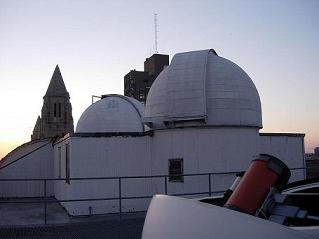CantabAmager
Active Member
- Joined
- Dec 10, 2014
- Messages
- 216
- Reaction score
- 0
If those #s are correct, that doesn't sound good. No one is going to do anything to merely break even, if that. It will be interesting to what actually emerges from the bidding process which hopefully requires some hard #s.
Take anything from Levy and especially Carlone with a grain of salt - I like the Cambridge Day, I appreciate the perspective, but Levy has his biases and Carlone definitely has his. Levy likes to drop the cute little "acccording to city councillor Dennis Carlone, an architect and urban designer" quip when he wants to cover a lack of actual data with an appeal to authority - in this case Carlone's claim that costs per gsf could reach $1,000 for the GSA site and remediation.
Disclaimer: it's a very cursory cost-benefit analysis. The total GSA relocation + site remediation is projected at $283 mil, the value of the developable area would need to be a net 374 mil total according to the analysis to support construction costs, expected rate of return, etc. That's roughly a net of $126 per gsf (number varies for res, office, "innovation). That's the realm we're dealing with.
The reason Cambridge wanted these numbers so bad is that they can then incorporate them (in-house, which I'm sure Levy will scream about later) into the expected zoning variances. There are ways to save costs: parking spaces for example (assuming about 260 gsf per space) clocks in about $385 cost of construction per parking gsf - less than project res and lab con. costs per gsf, but more than office, retail, and "innovation" ratios. Analysis gauges $100,000 per space - cut spaces (or loosen zoning regulations) and save money. Allow a more robust massing - increase gsf of development. Reduce res component - increase value per gsf. Reduce the 65% and 95% AMI allotments (the "affordable" and "middle income" brackets respectively, 15% of units projected to be 65% AMI, 5% to be 95% AMI) - increase value of res and value per gsf. Are those good outcomes? Some, certainly not all - but it's way too early to make a cost-benefit call.
In an odd way, I'm actually with Carlone - Kendall was home to some very, very serious pollution, remediation costs are going to be high and possibly/probably higher than we'd like, but there's a way to off-set that of course.






